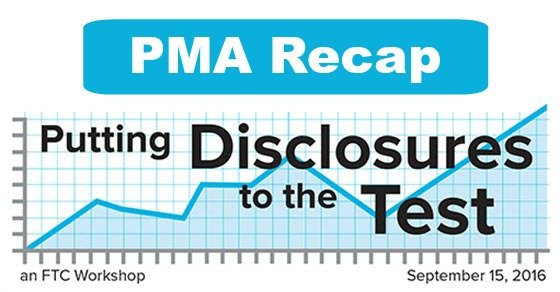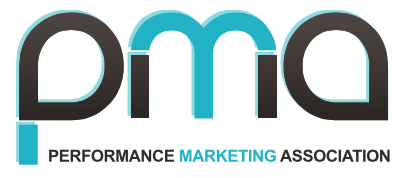The FTC held a public workshop on September 15 entitled “Putting Disclosures to the Test.” Although I did not attend in person, I did watch via webcast. According to the FTC, both the webcast and accompanying materials will be available soon.
The workshop started with basic background from Edith Ramirez, Chairwoman of the FTC, on the legal background of disclosures. The core of this is the .com Disclosures guidance, which has been updated to take into account technological changes. Bloggers, social media, native ads, and influencer marketing were specifically mentioned in the introduction. Although not everything in the workshop applied to performance marketing, here are some of my key takeaways that could apply:
- Endorsement location should be placed in visual field and competing stimuli should be reduced. Should be legible, high contrast, brief, and with priority information first. Use simple terms and avoid ambiguity.
- To measure effectiveness of disclosures, you need to test methodology and make changes to get to the most accurate results. Incorrect methodology could be worse than not collecting data at all.
- Before you test for the effectiveness of a disclosure, identify your purpose/objectives and expected outcomes.
- Even clear and conspicuous disclosures may not be read by consumers. Asking consumers if they are reading it is not the best way to determine whether they really are.
- Consumers understand that terms such as “Paid Ad,” “Paid Content,” and “Sponsored” are advertisements but not as much with terms such as “Brand Voice” and “Partner.”
- Use mouse or eye tracking to see if people are looking at your disclosures on your site.
- Social media is the majority of native ad spending, and people are not looking at social media the same way that they look at other content.
- Ad recognition does not depend only on the disclosure used but also other cues such as brand recognition, location of the advertising, and how professional the images look. Thus, you have to look at the totality of the advertisement as opposed to just the disclosure.
I was most disappointed that although the FTC Guidelines are often talked about in our industry, our industry was not mentioned specifically more than once or twice the entire day. Clearly there is an opening for us to become more aggressive about collecting our own data and sharing it with the FTC to show that we are being proactive about compliance.
Note that unless otherwise specified, the panelists were NOT employees of the FTC and do not represent the opinions of the FTC. Therefore, what was said was not binding as law. However, it’s good insight into the experts that that the FTC relies on in these cases.



 Follow
Follow